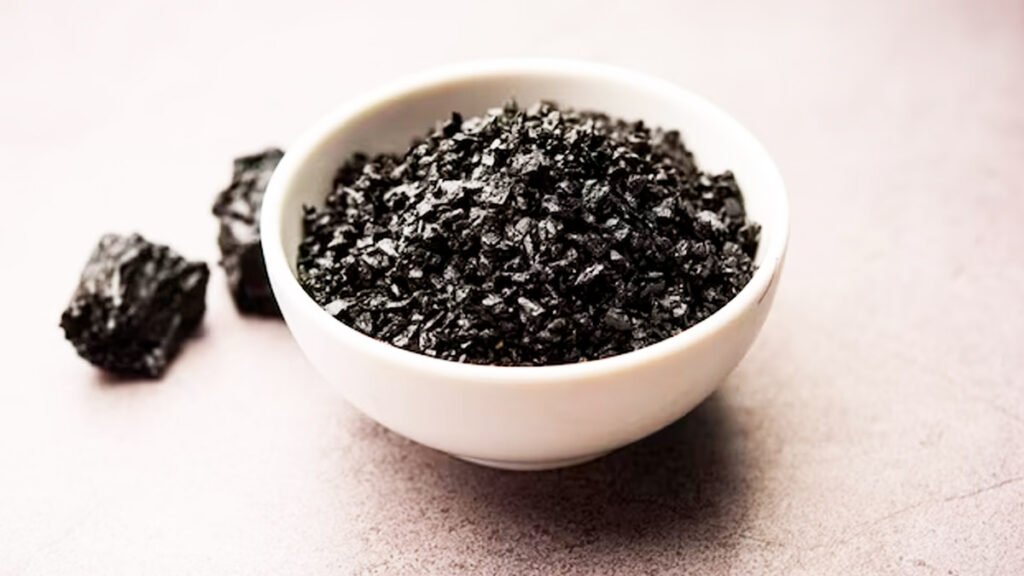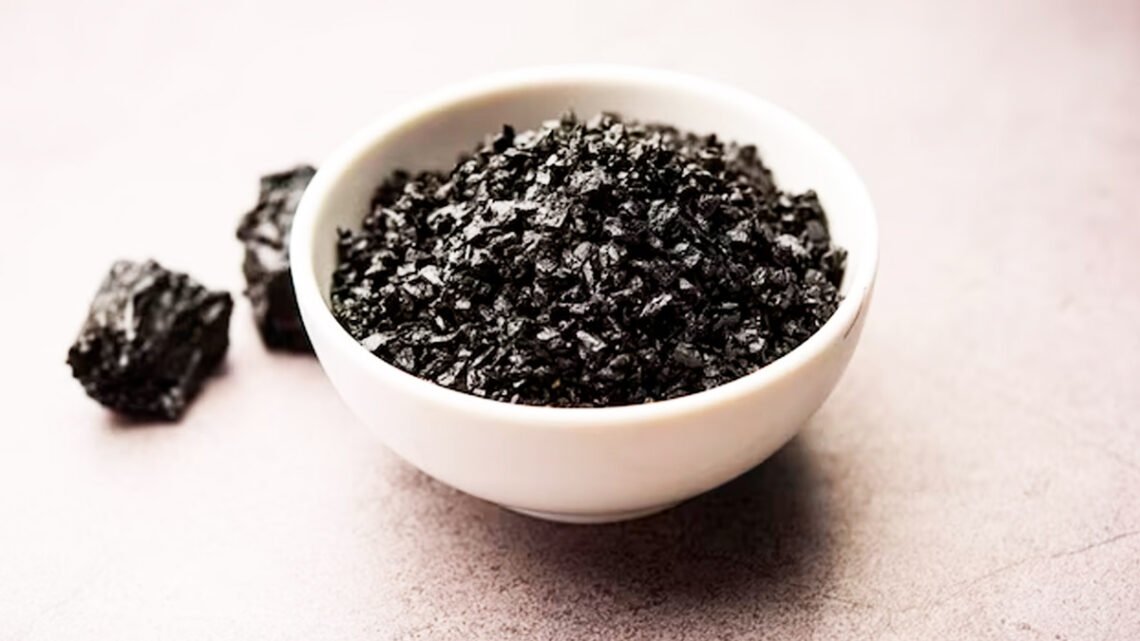Alzheimer’s disease is a debilitating neurological condition affecting millions worldwide, leading to memory loss and cognitive decline. As researchers continue to seek effective treatments, one natural remedy, Shilajit, shows promise due to its unique properties. This article delves into the benefits of Shilajit for treating Alzheimer’s, offering insights into how this traditional remedy might offer hope for those affected.
What is Shilajit?
Shilajit is a sticky substance found primarily in the rocks of the Himalayas. It develops over centuries from the slow decomposition of plants and is rich in fulvic acid, a potent antioxidant. Traditional medicine has used Shilajit for ages to enhance physical and mental health, and recent research suggests it could also benefit those with Alzheimer’s disease.
How Shilajit Can Help in Treating Alzheimer’s
1. Antioxidant Properties of Shilajit

The fulvic acid in Shilajit is known for its strong antioxidant properties, which help fight cellular damage caused by free radicals. This is particularly important in Alzheimer’s, where oxidative stress plays a significant role in disease progression. By reducing oxidative damage, Shilajit could potentially slow the progression of Alzheimer’s and alleviate symptoms.
2. Shilajit’s Impact on Cognitive Health
Shilajit has been shown to promote cognitive health by enhancing memory and learning processes. Studies indicate that its bioactive compounds can stimulate pathways in the brain that are involved in memory. This is critical for Alzheimer’s patients who struggle with significant memory loss and cognitive impairments.
3. Research and Studies on Shilajit for Alzheimer’s
Several studies have examined the effects of Shilajit on brain health. For example, research published in the Journal of Alzheimer’s Disease found that Shilajit’s molecular composition could help prevent the accumulation of tau protein, which is a hallmark of Alzheimer’s pathology. These findings suggest that Shilajit could be a useful supplement in managing Alzheimer’s symptoms and possibly slowing disease progression.
4. Precautions and Side Effects
While Shilajit is generally considered safe, it’s important to use it under the guidance of a healthcare provider, especially for those with Alzheimer’s. Possible side effects include allergic reactions and lowered blood pressure. Ensuring the purity of Shilajit is also crucial, as contaminated products could have harmful effects.
Conclusion
Shilajit offers promising benefits for treating Alzheimer’s disease, particularly due to its antioxidant properties and potential cognitive health improvements. While more research is needed to fully understand its efficacy, Shilajit represents a natural approach that could complement traditional Alzheimer’s treatments.
If you have any queries related to medical health, consult Subhash Goyal or his team members on this given no +91 99150 72372, +91 99150 99575, +918283060000





